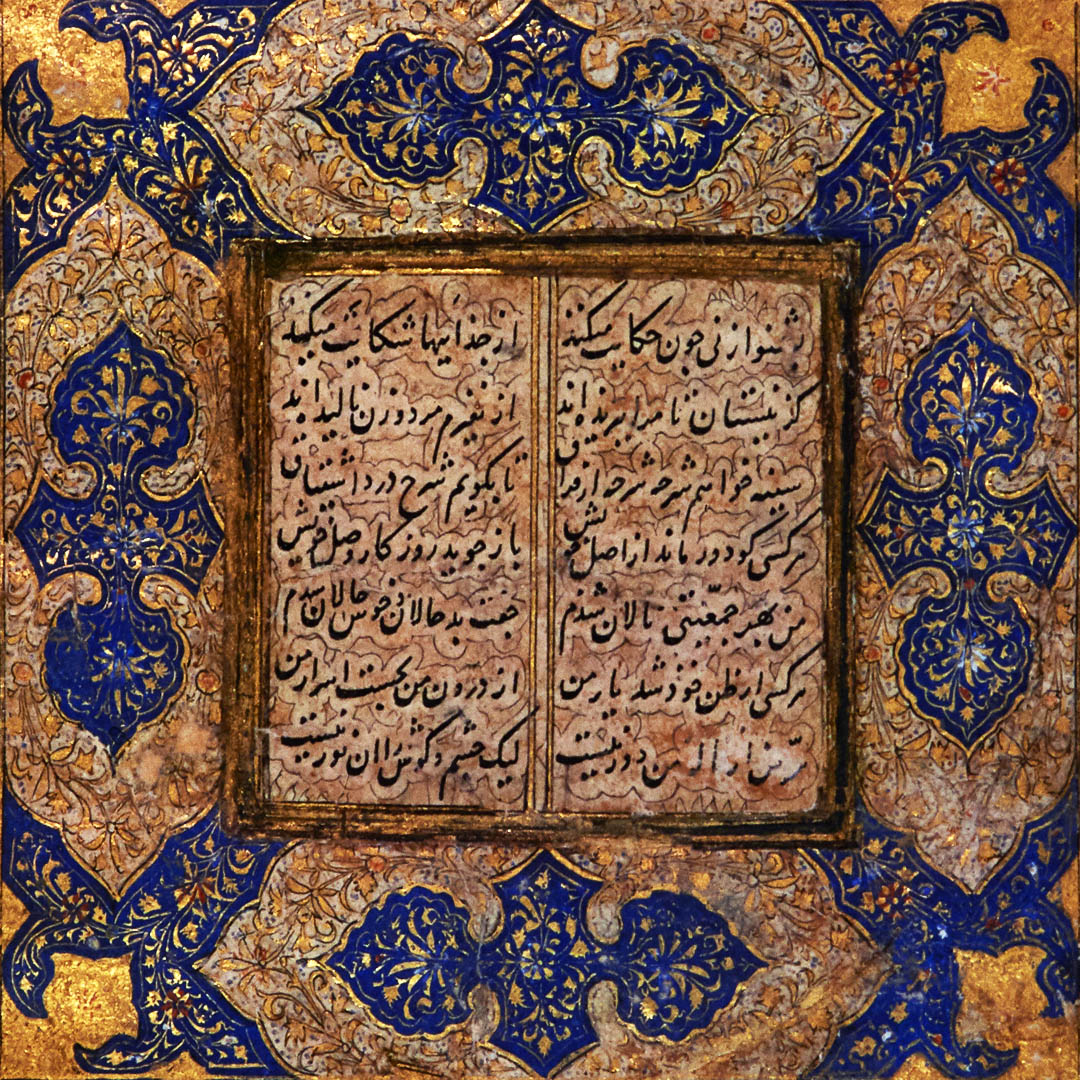
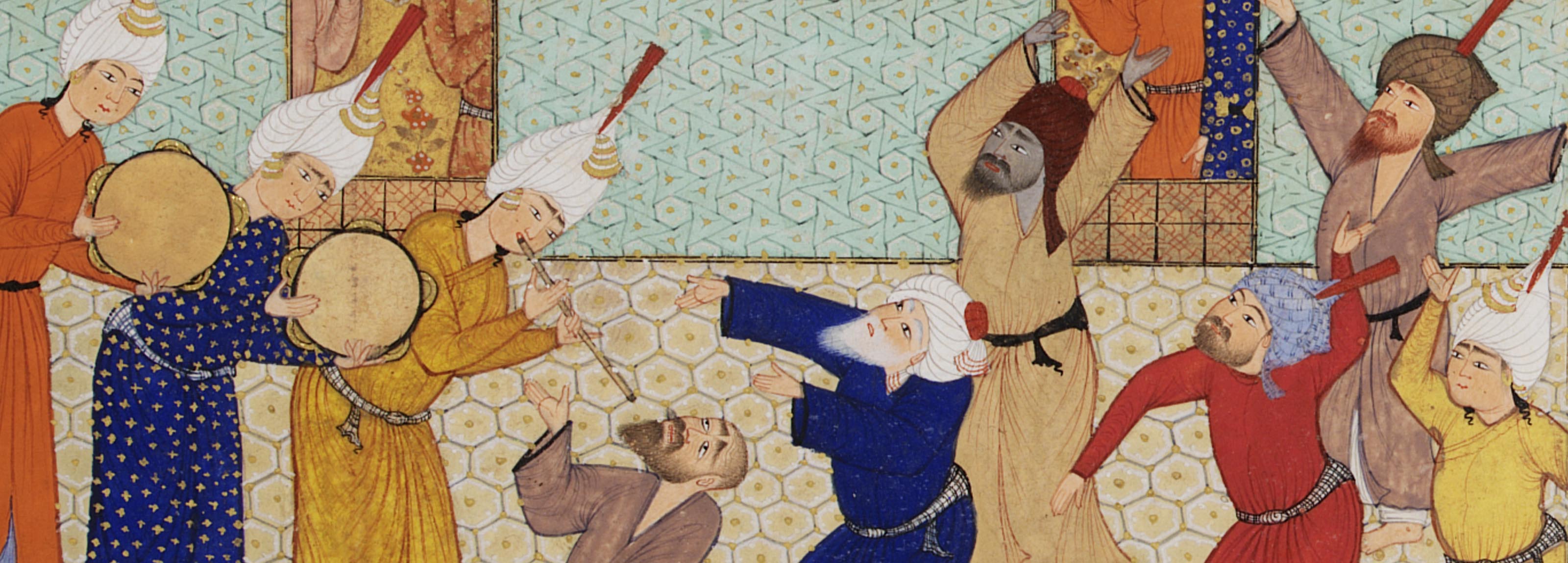
Power of the Word IV
Divine Wisdom: The Sufi Way. Sound Pieces
The exhibition Divine Wisdom: The Sufi Way, on display in the Calouste Gulbenkian Museum, presents an interpretation of works of art according to the main concepts of Sufism.
Sufism is considered the spiritual essence of Islam, in which knowledge of God is sought through personal, authentic, and direct experience.
Listen to three sound pieces created around works in the exhibition and find them in the Islamic East gallery.
See exhibition

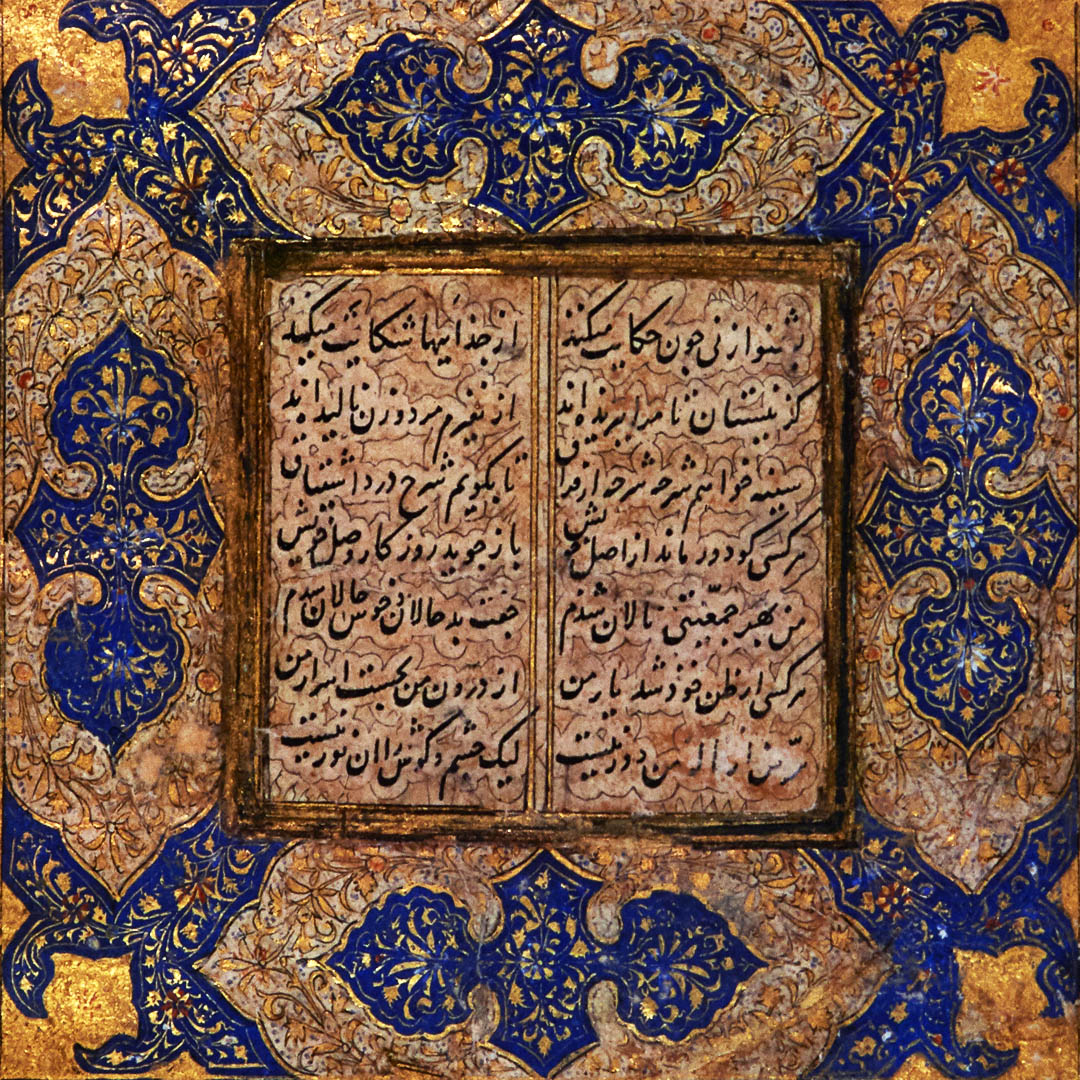
The flute’s lament
The flute’s lament
In one of the most celebrated poems by the Persian Sufi Rūmī, the flute laments its separation from the reed from which it originated. Listen to a reading of the poem by Omid Bahrami.
The flute’s lament is the name of the Preamble to Rūmī’s book Spiritual Couplets, written in the 13th century. This passage is one of the most popular among Iranian singers and musicians. In the exhibition, you will find a 15th-century Persian manuscript open at the Preamble. In Sufism, it is common to quote poetry in the context of teaching and spiritual practice.
Poem of Spiritual Couplets by Rūmī
Listen to the reed how it tells a tale, complaining of separations
Saying, “Ever since I was parted from the reed-bed, my lament hath caused man and woman to moan.
I want a bosom torn by severance, that I may unfold (to such a one) the pain of love-desire.
Everyone who is left far from his source wishes back the time when he was united with it.
In every company I uttered my wailful notes, I consorted with the unhappy and with them that rejoice.
Everyone became my friend from his own opinion; none sought out my secrets from within me.
My secret is not far from my plaint, but ear and eye lack the light (whereby it should be apprehended).
Body is not veiled from soul, nor soul from body, yet none is permitted to see the soul.
This noise of the reed is fire, it is not wind: whoso hath not this fire, may he be naught!
’Tis the fire of Love that is in the reed, ’tis the fervour of Love that is in the wine.
The reed is the comrade of everyone who has been parted from a friend: its strains pierced our hearts.
Who ever saw a poison and antidote like the reed? Who ever saw a sympathiser and a longing lover like the reed?
Translation: Reynold A. Nicholson
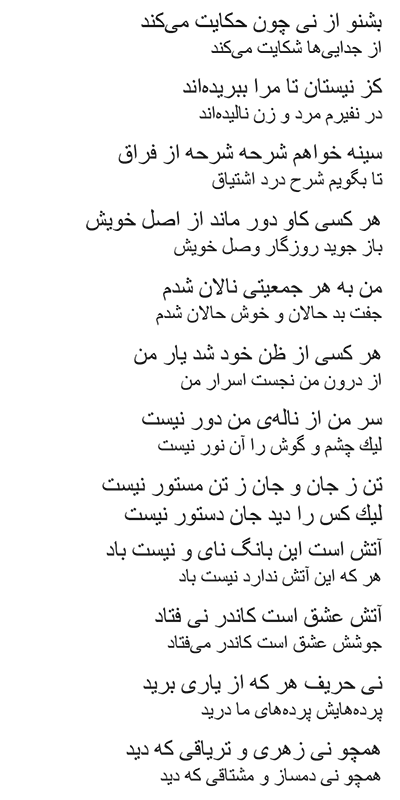
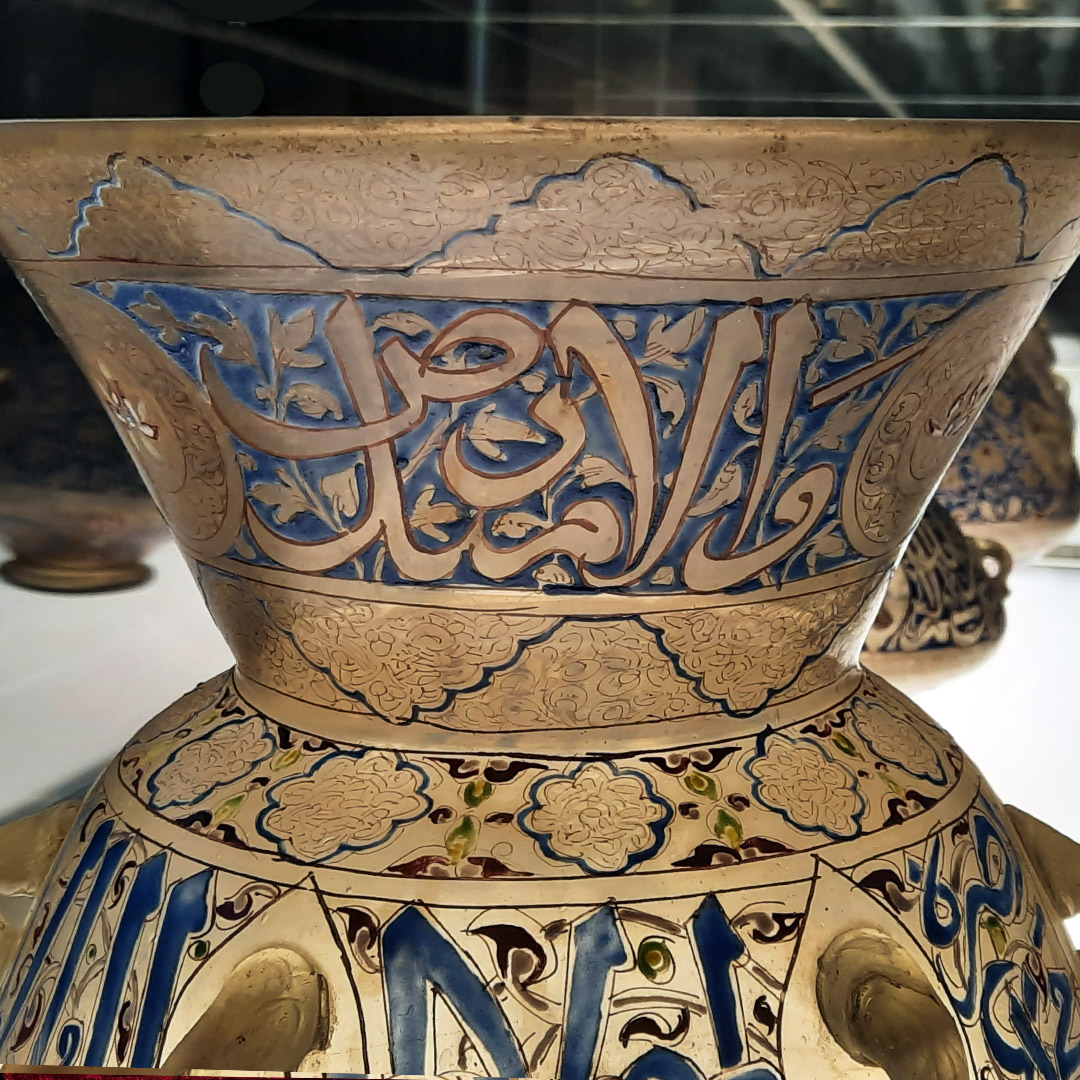
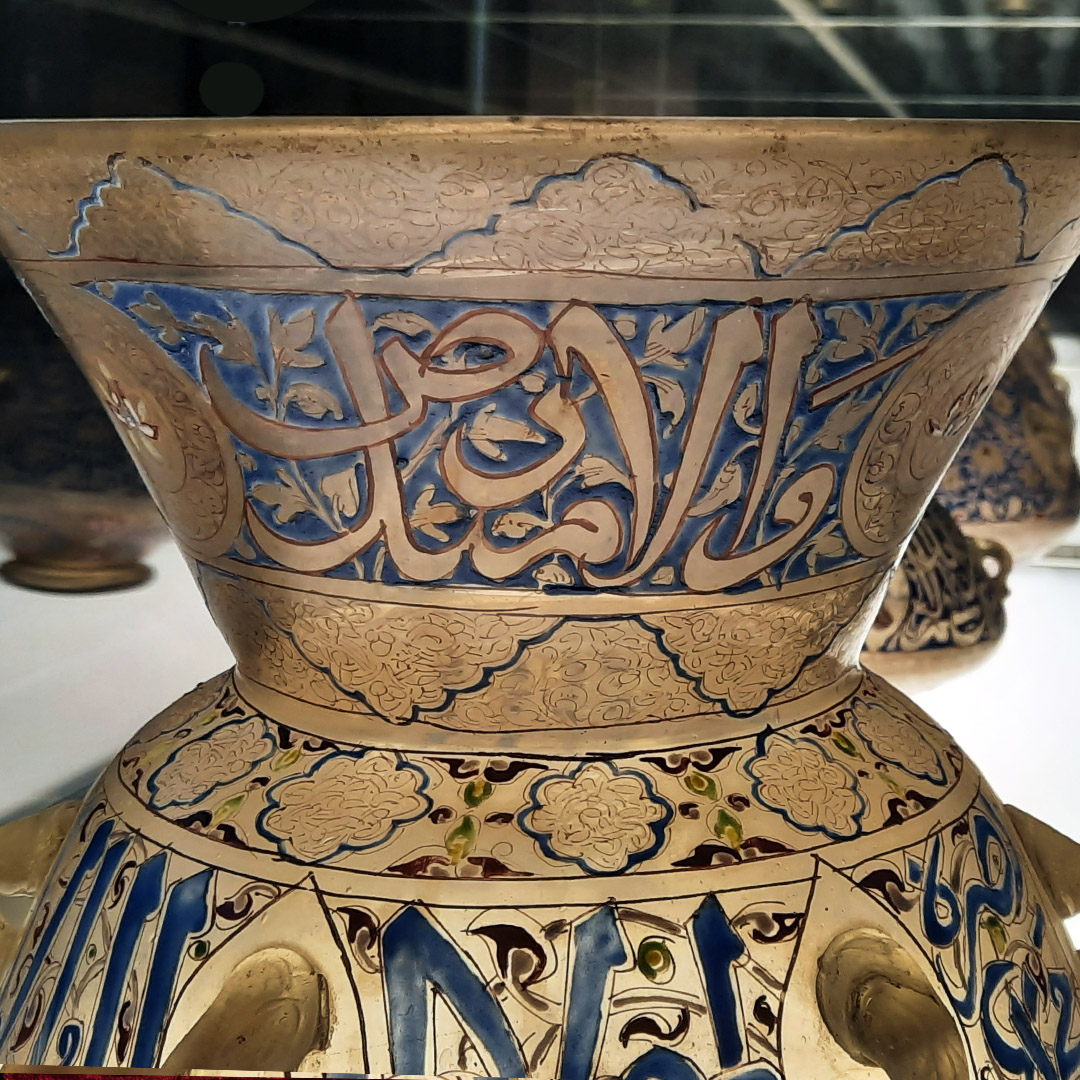
This point of light illuminates
This point of light illuminates
The Light verse of the Quran (XXIV, 35) is partly inscribed on this mosque lamp. Listen to a recitation by Mussa Fuad.
Quran (al-Qurʾān) means 'recitation'. A recitation is a melodic and eloquent reading that lies between singing and speaking. Sound and vibration are aspects of the utmost importance in conveying the teachings of the holy book of Islam. The Light verse is the subject of various interpretations and meditations by the Sufis. The flame of light illuminating a lamp is a symbol of Divine presence.
A special thanks to Mussa Fuad and the Islamic Foundation of Palmela.
Light verse of the Quran (XXIV, 35)
'Allah is the Light of the heavens and the earth. The example of His light is like a niche in which there is a lamp, the lamp is within glass, the glass is like a shining star, lit from ‘the oil of’ a blessed olive tree, neither of the east nor of the west, whose oil would almost glow even if untouched by fire. Light upon light! Allah guides to His light whom He wills. And Allah presents examples for the people, and Allah is Knowing of all things.'
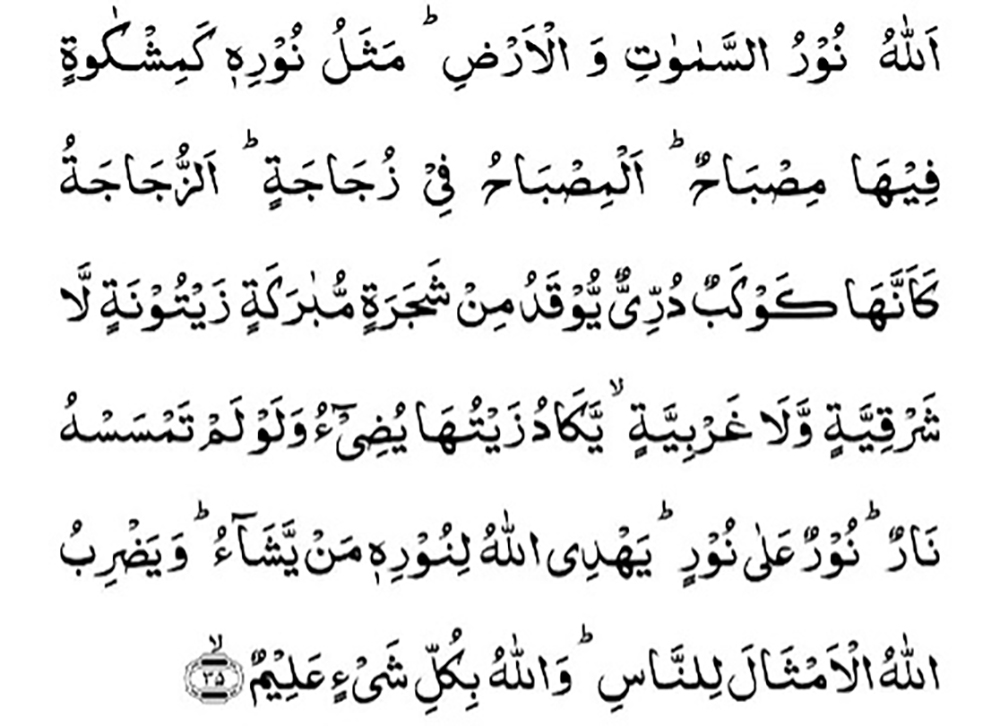
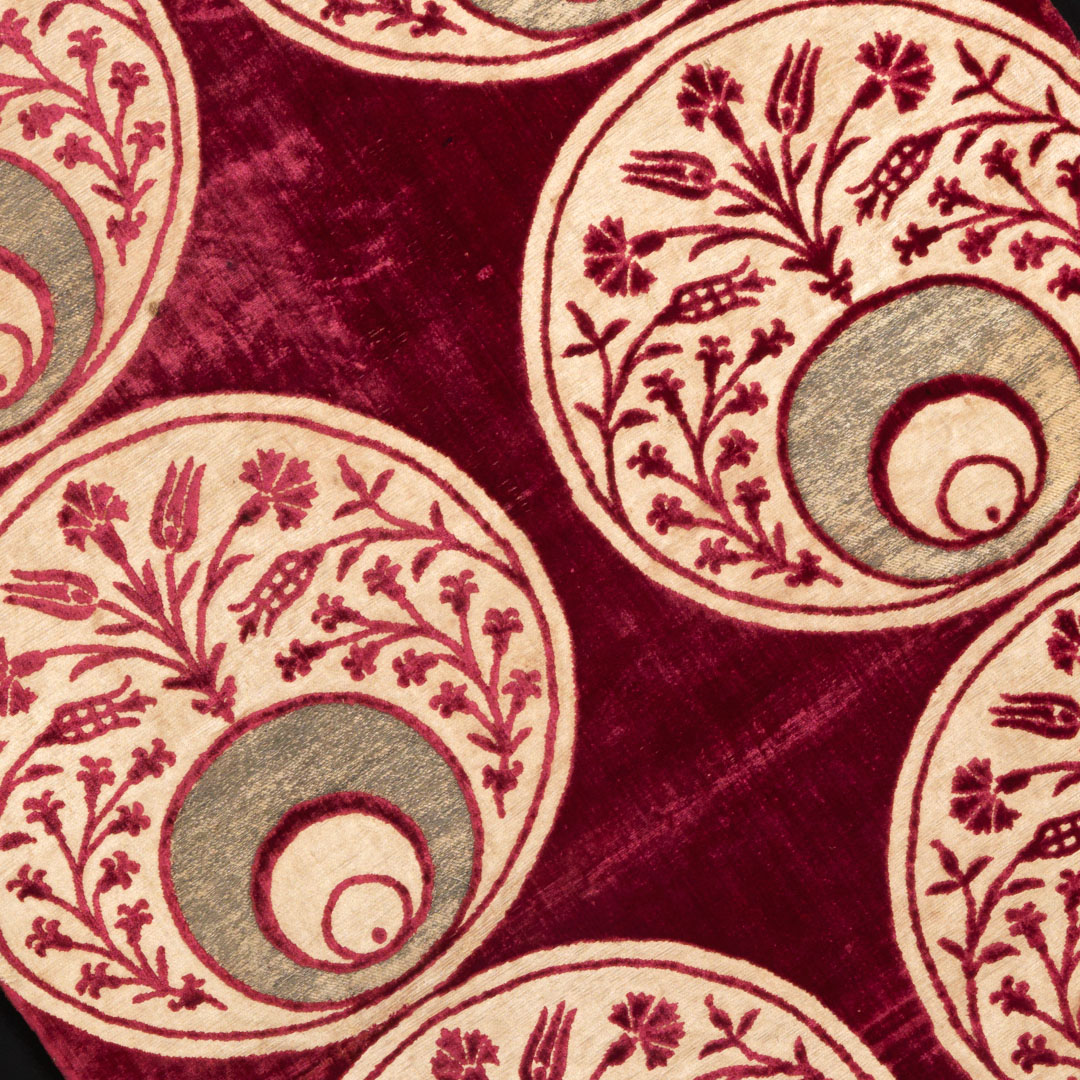
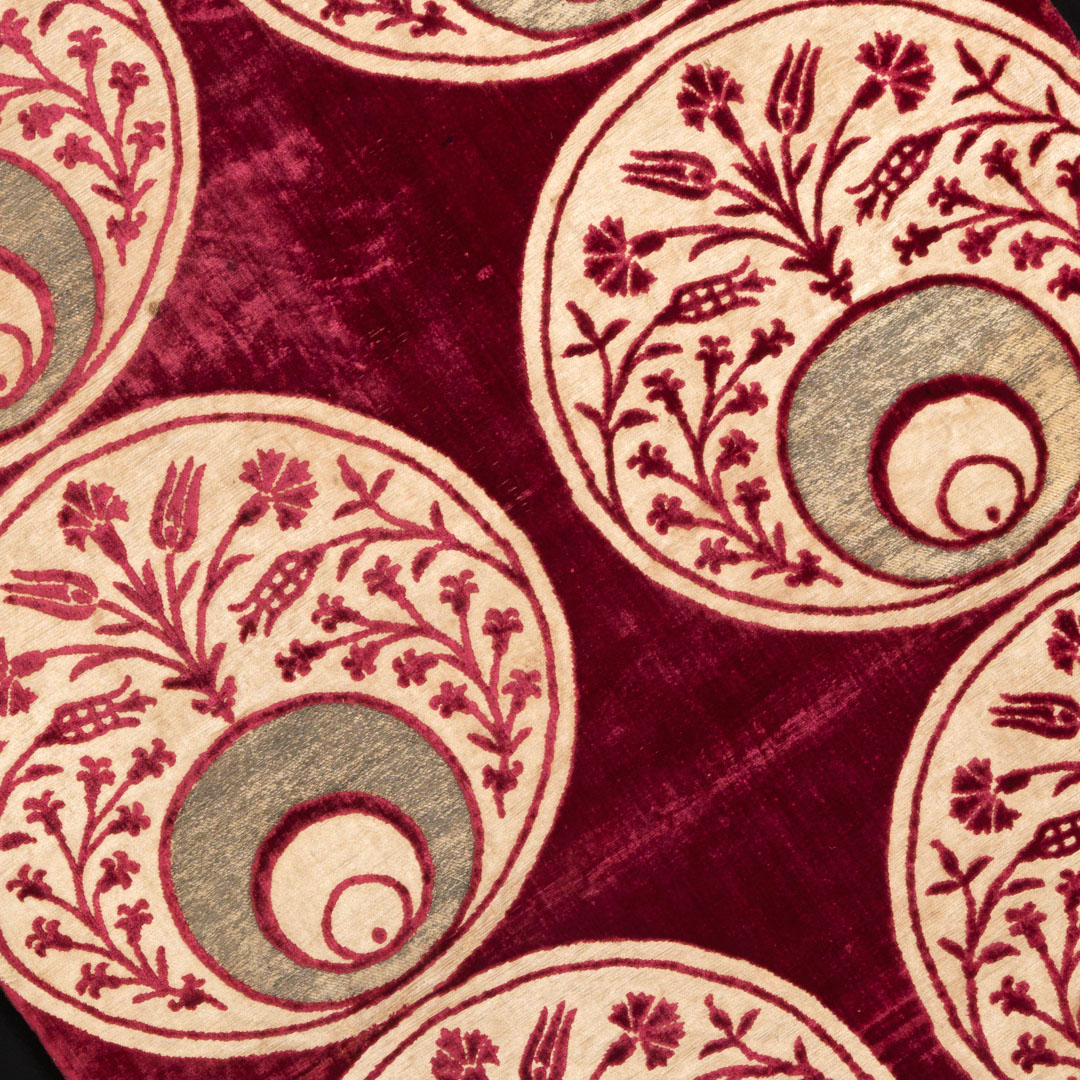
Whirling
Whirling
Twelve sets of three crescents and a star inspired the musician Baltazar Molina in his creation of this sound piece.
The pattern on this red silk velvet is the motif behind the composition of this original rhythmic theme. There are various opinions on the use of music in Islamic contexts. In Sufism, various orders use rhythm and music as elements of prayer and devotion. Music can be a means of approaching Divine knowledge and spiritual ecstasy. You can find this velvet in the Islamic East Gallery of the Calouste Gulbenkian Museum.
Instruments: Douf (Frame drum), Bamboo flute, Saz, Voice